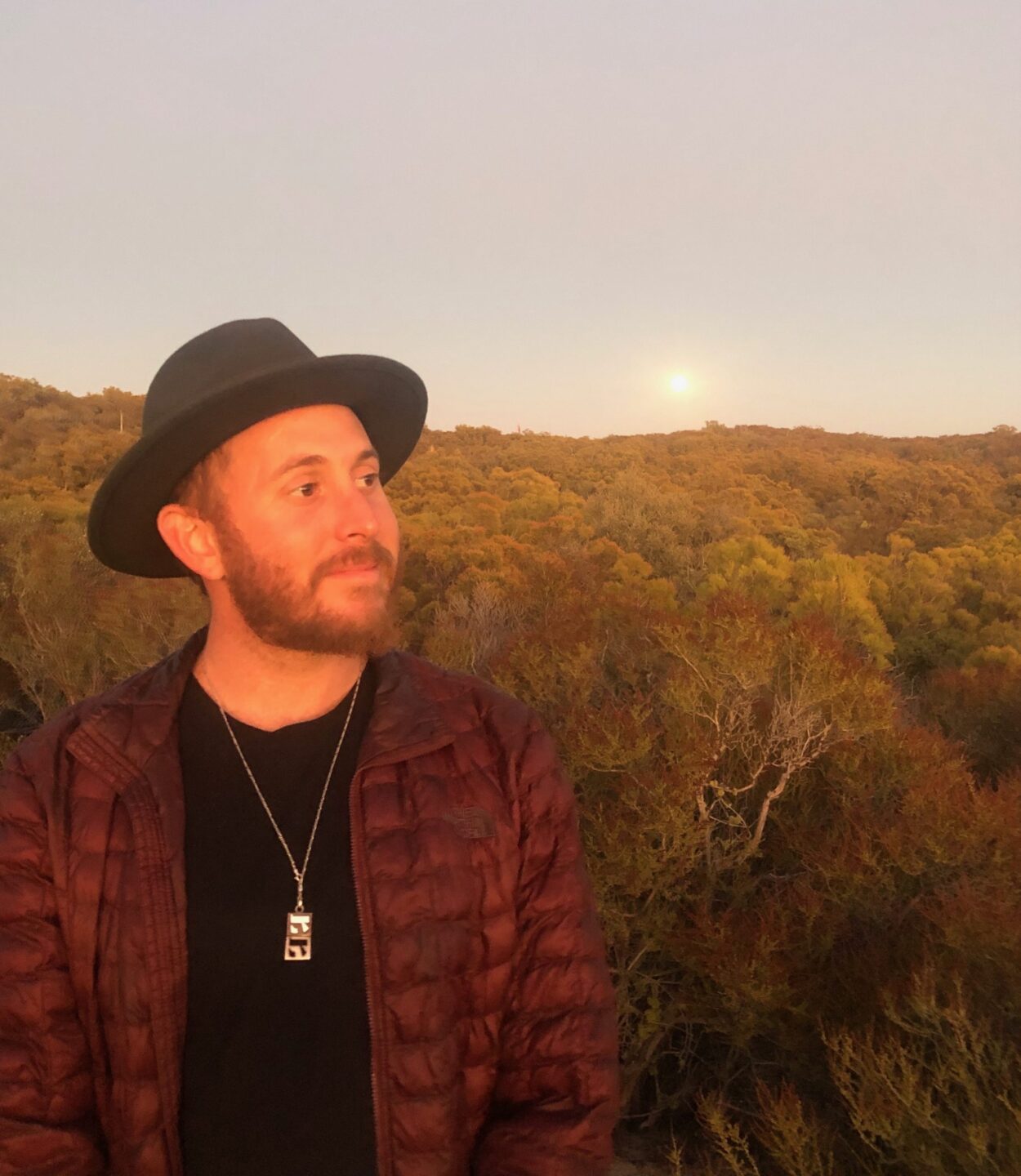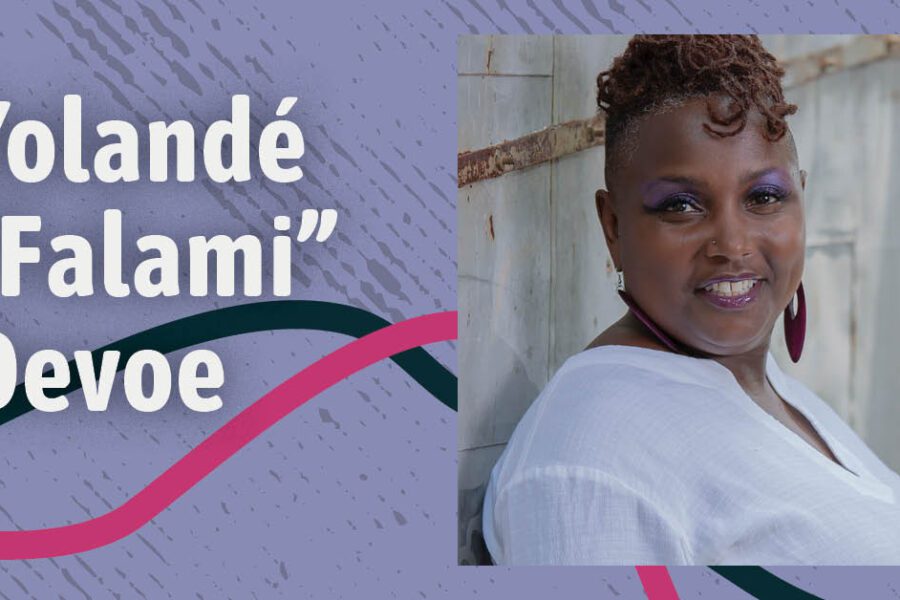Joshua Reitzenstein, MA in Education ’19, was working as a Title 1 reading instructor and coaching football in the afternoons when a phone call altered the course of his career path. “I had taken the CSET and was beginning to think about becoming a classroom teacher. That summer, while exploring the backcountry of Yosemite, my phone popped into cell service and I received a call from my district. I was being reassigned to the special education pre-school due to Title 1 funding cuts. The main thing they wanted to know was whether I’d be willing to change a diaper.”
The seeming dichotomy of his new job offered some challenges, but he realized that the seeming disparity was more a boon than a bane: “In the afternoons I spent my time in the male-dominated world of the football field. In the mornings, I was the only male in the special education preschool. Interestingly, it was the softer nurturing side of myself that was most needed as a coach, and the stern disciplinarian that was most effective in the preschool. I learned a lot in that time, and ultimately fell in love with that population of students. They could do no wrong, and there wasn’t much of a functional discrepancy between a general population preschooler and a special needs preschooler. I came to see all my students, and all people for that matter, as not so far removed from their preschool selves. It’s a perspective that has helped me treat everyone with patience and compassion ever since.”
His decision to enroll in the Master’s in Education program at Antioch was also inspired by a moment of kismet. Reitzenstein explains: “The push to tack on my SPED credential came when I had a chance encounter with Fred Chapel in the front office of my school. He told me about the Antiochian philosophy and it was such a relief. I was still staggered from the trauma of grades and test scores all through my education and had suffered at the hands of a rigorous teacher prep course through a different institution that left me still feeling rather unprepared. What I found at Antioch was a dialogical approach, where I learned far more from my colleagues and their highs and lows than I ever did from a textbook on best practices. The mantra, that in teaching, and especially in the field of special education, ‘There is no black and white, but only gray’ has helped me remain compassionate, especially toward myself when my best efforts bump up against an imperfect system.”
His passion for sports and coaching have both changed since his enrollment, and also continue to inform what he does in the classroom: “For me, there’s far more to teach a kid than reading, writing, and arithmetic. While I’ve managed to carve out spaces where I can deliver a more holistic education over the course of my career, it began on the football field. The life lessons that are learned and earned on the gridiron are far more instructive than memorizing who won the war of 1812. Teaching in Beverly Hills, the gridiron was a level playing field that confronted my students of privilege with their first reality check, that success in life is not given, but needs to be earned through hard work when all things are equal.”
Asked to elaborate on the challenges of teaching “students of privilege” at Horace Mann, Beverly Hills, Reitzenstein explains, that while there are differences, they aren’t that stark: “When I lead our annual trip to Yosemite I always give the same speech on the bus, and on any field trip for that matter, ‘Beverly Hills has a stereotype anywhere you go, our school also has a reputation. Be wary not to play into the stereotype, and please uphold the reputation.’ While it is very different teaching in a neighborhood of privilege, we are still a public school, and while our problems are different, they are absolutely there. For the most part, I see students with the same humanity everywhere. We are all good at heart, and we are all struggling for authenticity inside an educational system and culture that confuses.”
This is where “mindfulness” and “nature” come into play, according to Reitzenstein: “For the last two school years I have served as the Mindfulness Mentor on campus. I’ve taken over P.E. and delivered an introduction to mindfulness for all students K-8 for an entire week. I use my own background as a meditation practitioner and Kundalini Yoga instructor to help me deliver curriculum I researched for my masters, like the UCLA mindfulness curriculum along with strategies from Mindful Schools.” And how does that go over with the teenagers? “The kids mostly enjoy it, and our surveys show the vast majority of them find it beneficial.
As research in the field continues to burgeon, more and more schools, including 380 across England are beginning to adopt Mindfulness as a new subject. One day I’d like to see every school have a Mindfulness Mentor on campus.” But how practical can this be in a real-world setting? “Very,” says Reitzenstein, “We have campus-wide mindful moments and begin assemblies by giving ourselves a moment to be still, quiet and with our breath. It’s a powerful tool, and super imperative as we work as schools to support the social/emotional well-being of our students. We also have replaced detention with ‘attention.’ During these lunchtime sessions we implement restorative justice reflection strategies and equip students with mindfulness tools so they can make their own better choices in the future. It has totally flipped the script for these students, and was recently featured on the local news!”
And how does “nature” play into his teaching? Reitzenstein is happy to elaborate: “Unstructured time in nature is a critical aspect for healthy human development and most of these sheltered city kids just don’t get to experience it. That’s why our 8th grade trip to Yosemite is such a rewarding experience. I treat it like a rite of passage, and the way these kids blossom during their week in nature gives me faith in the resiliency of humanity and the medicine of nature.”
Reitzenstein feels he’s on the cusp of an educational revolution and has no plans to slow down: “I’d really love to be teaching mindfulness and leading kids to nature full time. My idealism is going to continue to drive me to try to make this happen. If I continue to see an openness to receive my contributions within the public school system, as gradual as they are, I’ll continue to champion this cause. If I find resistance that stifles my passion, I will find a school that values what I have to offer, even if that means creating my own or offering programming outside of the traditional school day. While I may have had spent my career complacent in public education and retired with a pension, Antioch and the Masters in Educational Leadership and Change program has illuminated and challenged me to forge my own path.”
Any words of advice for those a little further back on the path? “Never stop advocating for your students, even if that requires a whole new school system. There’s nothing ‘wrong’ with these kids, and the system demonizes them rather than looking at its own deficiencies and the far more daunting challenge of transforming itself. Until then, hold up as much space inside the system for these kids and their needs as you can. Most importantly, your own self-care is paramount and you may find that which sustains you is also what can most benefit your students.”
For more information on Josh’s work watch a Spectrum 1 newscast here and visit the Mindfulness Mentor website here.
UPDATE: Since this interview was given, Joshua has found himself reassigned to a Counseling Enriched classroom for students who qualify for special education with the label of Emotional Disturbance. He is able to more spaciously apply his unique skill set and feels himself on the forefront of the emotional intelligence wave within public schools. He describes his classroom as “a one-room schoolhouse” that functions as an educational laboratory inside the system. He enjoys going deep with a smaller population and continues to make strides as the mindfulness mentor, outdoor ed coordinator, and football coach to influence the larger school culture.




